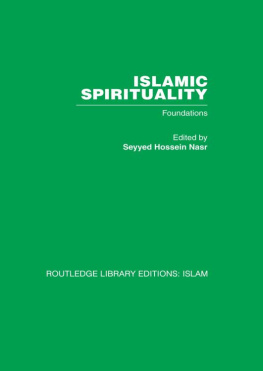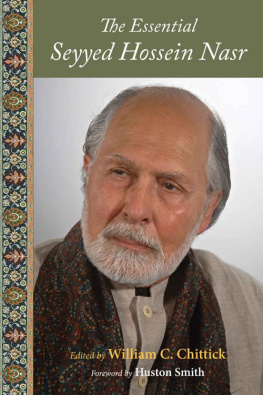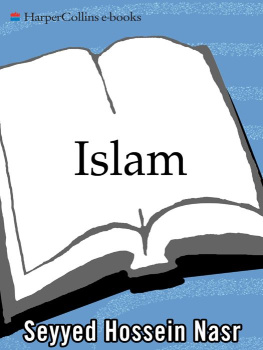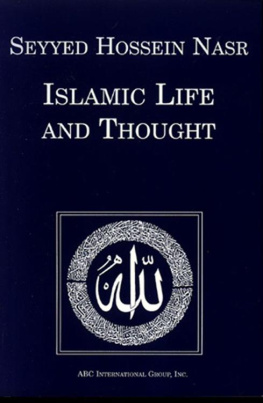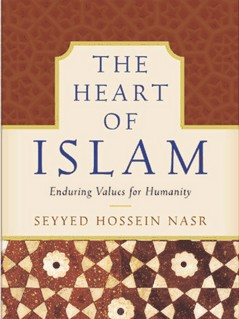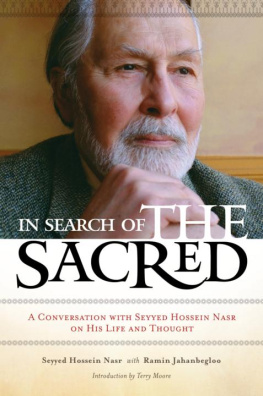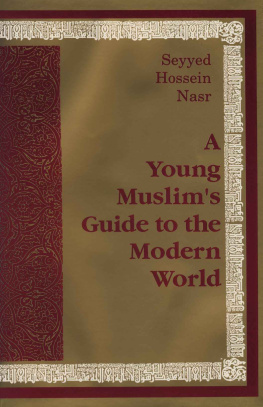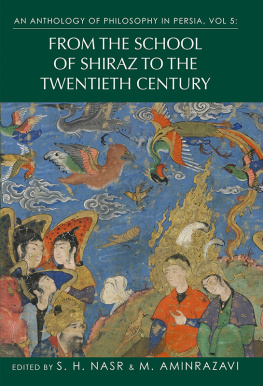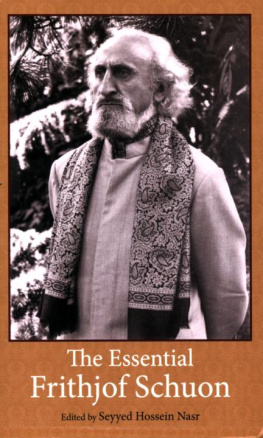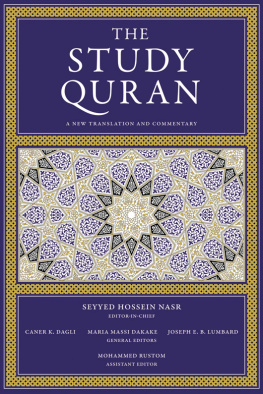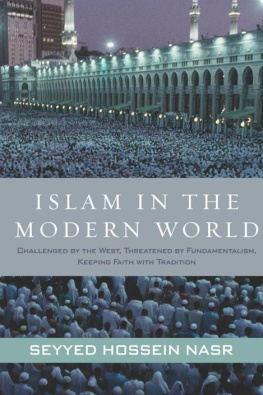BRITAIN & JAPAN: BIOGRAPHICAL PORTRAITS
First published 1994 by
JAPAN LIBRARY
Japan Library is an imprint of RoutledgeCurzon
Reprinted 2004
by RoutledgeCurzon
2 Park Square, Milton Park,
Abingdon, Oxon, OX 14 4RN
Transferred to Digital Printing 2005
RoutledgeCurzon is an imprint of the Taylor & Francis Group
Japan Society Publications 1994
All rights reserved.
No part of this publication may be reproduced or transmitted in any form or by any means without permission from the publishers in writing, except for the use of short extracts in criticism.
ISBN 0-7007-1025-6
British Library Cataloguing in Publication Data
A CIP entry for this book is available
from the British Library
Acknowledgements
This book originated as a thesis written during my time at the Department of Religious Studies, Lancaster University, and was submitted in the autumn of 1995.
During this period of research I have received much support from my family and friends which, together with the thoughtful guidance and encouragement of Prof. Oliver Leaman and Prof. John Clayton, have made these challenging years exciting and worthwhile. I should also like to thank John Hick and Seyyed Hossein Nasr for their guidance and providing me with the opportunity to interview them.
This undertaking would not have been possible if The Centre for Islamic Studies in Istanbul had not sponsored me during my postgraduate studies in England. I would like to extend my thanks to all my colleagues in The Centre.
Introduction
Disciplines such as philosophy of religion and theology are, to a certain extent, related to the culture in which they have developed. Such fields of study provide a source of values and vision to the culture of which they are a part while at the same time being delimited and defined by their culture. With this in mind, we should expect that the predominantly secular and partly liberal Western culture would stamp its norms and values on the disciplines it has produced. Herein lies a problem for those whose mind has been constructed according to the norms and values of non-Western culture and who want to undertake research in the West. One is inevitably confronted with linguistic, methodological and ideological problems that would not appear to be problematic to a Westerner.
Central to this enquiry is the theme of religious pluralism. This subject risks being overlooked because it is located in the no-man's land that lies between theology and the philosophy of religion. In theology, the question of religious pluralism is generally introduced under the subject of theology of religions in which religions are viewed from the perspective of the paradigms of inclusivism or exclusivism. Generally, religious pluralism is more at home in philosophy of religion than theology, although it seems less inherently philosophical when compared with the main subjects of philosophy of religion such as the arguments for and against the existence of God and the problem of evil.
It was only with the emergence of modernism, the concomitant marginalisation of confessional language in theology and religious studies, and the advances in communication technology that religious pluralism could become an important area of philosophy of religion. This trend has been greatly enhanced by the work of John Hick. As one writing from a position of religious commitment, I am of the view that the problem of religious pluralism is a more serious one for religious people than is, for example, the question of the existence of God or the problem of evil. I would argue that for the believer, the question of the existence of God does not pose a major threat to his or her devotional life; if the believer engages with such a question it is not generally because he or she doubts the existence of God, but because the question functions as a useful tool in rationalising the faith that has already been accepted. One could argue that, whereas the question of God's existence is theoretical and speculative, the problem of religious pluralism is a practical and unavoidable problem.
Since our enquiry places itself within the boundaries of the philosophy of religion, it is normative and critical and does not pretend to be a value free enquiry. It makes its own valuejudgements and endeavours to justify them.
On the other hand, this study compares the ideas of two contemporary philosophers, John Hick and Seyyed Hossein Nasr on the issue of religion, religions, the concept of Ultimate Reality and the notion of sacred knowledge. But, on a broader level, it compares two worldviews; it considers the worldview formed by Western culture, which is religious in its intention but secular in its essence, against the worldview which is formed through the assimilation of traditional wisdom, which is against the norms of secular culture and therefore religious in its intention as well as in its essence. Although the topics that I am dealing with are limited in scope, the principles behind the topics are broad. They can be regarded as a Muslim response to the questions with which the book deals.
What are the main reasons which led me to study the issue of religious pluralism in the writings of John Hick and Seyyed Hossein Nasr? This question somehow related to my own personal experience. As a person who was brought up and educated in a traditional Muslim society and who feels strongly about the truth of Islam, I have always considered the question of salvation as one of the vital existential questions in my own life. When I came to England to carry out postgraduate study in Religious Studies, and consequently met several people from different traditions, the question which came immediately to my mind was whether or not they would be saved. if they are excluded from salvation simply because they were not born to the society to which I was born, then how could I justify the soteriological claims of my religion? In other words, if in the majority of cases, we simply inherit religious truth from our parents and community, how can we reasonably justify the good and bad consequences of holding such a belief?
The question of salvation has always been a vital one for me because it poses a threat to my religious identity. In this area, John Hick was the first person that was drawn to my attention. When I first read Hick, I was impressed and more or less accepted almost everything that he said. However, the more I read and considered his ideas the more I felt uncertain about those aspects of Hick's thought which conflict with the traditional view that I hold. Over time I have become gradually convinced that there should be a viable answer from an Islamic perspective to those issues that Hick is dealing with, including the issue of religious pluralism. I also believe that a Muslim contribution to the discussion would be useful for those who are interested in building a peaceful world community. What is the best way of making such a contribution? I came to conclude that the best way to bring out the potential of Islamic culture, was to find a contemporary Muslim thinker and compare him with Hick.
It is hard to find a Muslim thinker who writes in English and deals with contemporary issues of philosophy of religion. When I first started to read Nasr, I became convinced that he would be an interesting thinker to compare with Hick.



